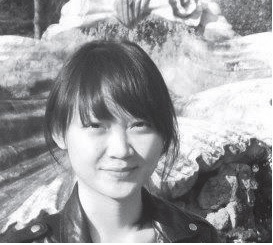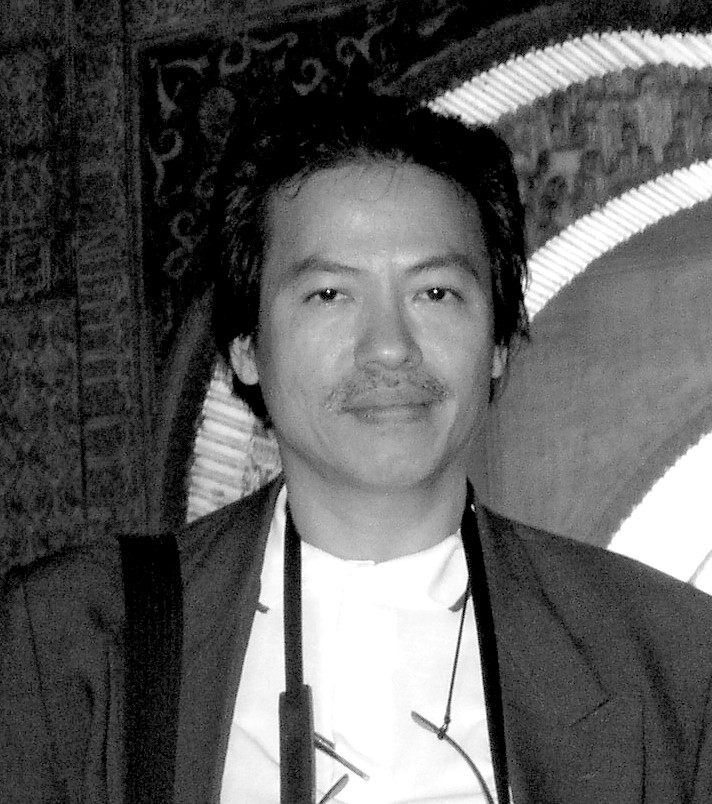- Home
- April 2019
- Interview with Dato’ Seri Maimunah Sharif: Changing the World – City by City
Interview with Dato’ Seri Maimunah Sharif: Changing the World – City by City
by
Dato' Dr. Ooi Kee Beng

Previous Post
Ensuring Prudent Growth in Penang
6 min read
Globally, the concept of “sustainable development” has been debated and promoted for more than four decades. The flagship initiative is the UN&rsq...
by
Dr. Ng Shin Wei
Next Post
Can Penang Lead the Way in Sustainable Tourism?
6 min read
It has been 11 years since George Town was listed as a Unesco World Heritage Site, and its tourism industry has since then flourished beyond imagination. No lon...
You might also like
Securing Democracy, One Art Event at a Time
6 min read
Jumble of the digital-print posters.Posters strung at the MAP Publika boulevard.Poster lauding Mexican feminist artist Frida Kahlo...
A Peek into Penang’s Chinese Calligraphy Scene
3 min read
Lok Pin San.Chinese art took root in Penang generations ago, with artists from China interacting with local artists and art enthusiasts during their visit...
From Penang to the Outer Reaches of Science
8 min read
Dr Khoo Teng Jian, 32, works at the University of Geneva and spends his days studying proton collisions from the Large Hadron Collider (LHC) – the world&r...
by
Andrea Filmer



